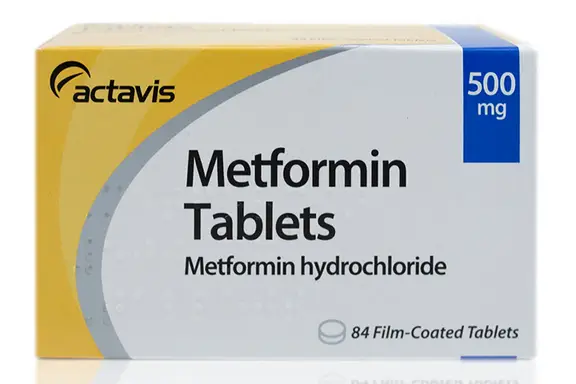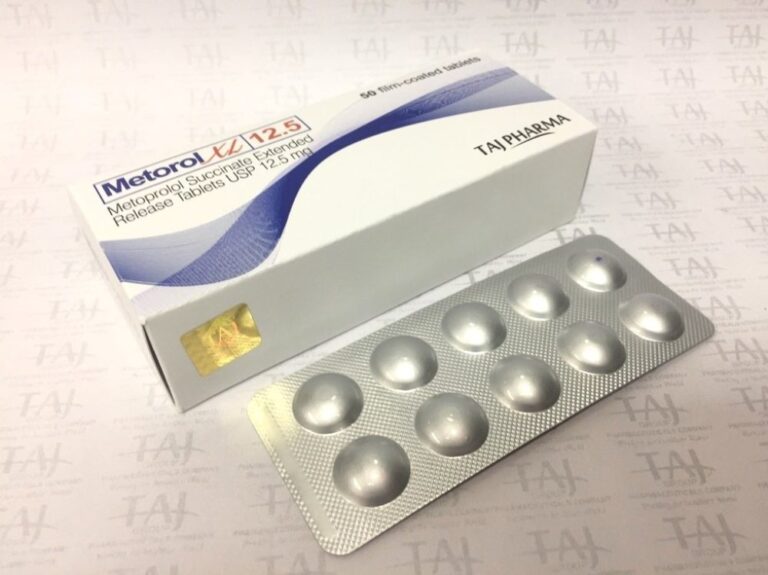Navigating life with type 2 diabetes can feel like a complex puzzle, especially when managing your health. If you’re taking metformin, you’ve already taken an important step toward better blood sugar control. But did you know that what you eat plays a crucial role in how well this medication works? A balanced diet filled with nutrient-rich foods not only complements the benefits of metformin but also enhances your overall well-being.
In this guide, we’ll explore the vital connection between metformin and nutrition. You’ll learn which foods to embrace and which to avoid while on this medication. Plus, we’ll share some delicious recipes and practical tips to help you maintain a healthy lifestyle. So let’s dive into the world of food choices that support your journey with metformin!
Understanding Metformin and its Benefits
Metformin is a medication primarily used to manage type 2 diabetes. It works by improving insulin sensitivity and reducing glucose production in the liver. This helps lower blood sugar levels effectively.
Beyond its primary function, metformin has additional health benefits. Research suggests it may aid in weight management, which is often a challenge for those with diabetes. By promoting a healthier metabolism, it can assist individuals in reaching their weight loss goals.
Moreover, metformin has shown promise in lowering the risk of cardiovascular issues that many diabetic patients face. Its anti-inflammatory properties contribute to overall heart health as well.
Another intriguing benefit is its potential role in longevity studies. Some evidence indicates that metformin might help improve lifespan markers beyond just managing blood sugar levels, making it an interesting subject for ongoing research.
The Importance of a Healthy Diet with Metformin
A healthy diet plays a crucial role when you’re on metformin. This medication helps manage blood sugar levels, but it’s not a magic bullet. Nutrition is key to maximizing its effectiveness.
Eating well can help stabilize your glucose levels and enhance overall health. Whole foods, such as fruits, vegetables, lean proteins, and whole grains provide essential nutrients that support your body while managing diabetes.
When you maintain balanced eating habits alongside metformin, you may experience fewer side effects. A nutrient-rich diet can also boost energy levels and improve mood.
Moreover, focusing on portion control aids in weight management—a common concern for those taking this medication. Combining a nutritious diet with regular exercise amplifies the benefits of metformin even further.
Understanding what to eat empowers you to take charge of your health journey while effectively using medication for optimal results.
Foods to Avoid with Metformin
When taking metformin, some foods can disrupt its effectiveness or cause unwanted side effects. It’s crucial to steer clear of highly processed carbohydrates. These include white bread, pastries, and sugary snacks that spike blood sugar levels.
Additionally, limit your intake of high-sugar beverages. Sodas and energy drinks can lead to fluctuations in glucose levels, countering the benefits of your medication.
Fried foods also pose a risk. They are often high in unhealthy fats, which can contribute to weight gain and insulin resistance over time.
Watch out for excessive alcohol consumption. While moderate drinking may be acceptable for some individuals on metformin, large quantities can increase the chances of lactic acidosis—a rare but serious complication associated with this medication.
Making informed choices about what you eat is essential while managing your health with metformin.
8 Nutrient-Rich Foods to Include in Your Diet While Taking Metformin
When managing diabetes with metformin, incorporating nutrient-rich foods can support your health and enhance the medication’s effectiveness. Here are eight fantastic options.
Leafy greens like spinach and kale are powerhouses of vitamins A, C, and K. They help regulate blood sugar levels while providing essential nutrients.
Berries offer a delicious way to satisfy your sweet tooth. Rich in antioxidants, blueberries and strawberries may improve insulin sensitivity.
Whole grains such as quinoa or brown rice provide fiber that aids digestion and keeps you feeling full longer.
Fatty fish like salmon is loaded with omega-3 fatty acids, promoting heart health—an important consideration for those with diabetes.
Legumes like lentils and chickpeas not only add protein but also stabilize blood sugar levels thanks to their low glycemic index.
Nuts such as almonds or walnuts deliver healthy fats along with vital minerals that support overall well-being.
Greek yogurt serves up probiotics beneficial for gut health while maintaining a balanced diet.
Sweet potatoes pack complex carbohydrates that won’t spike your blood sugar quickly, making them an ideal side dish or meal component.
Recipes Incorporating These Foods
Creating delicious meals that incorporate the nutrient-rich foods recommended for those taking metformin can be simple and enjoyable.
Start your day with a hearty oatmeal bowl, topped with fresh berries and a sprinkle of cinnamon. This not only provides fiber but also helps manage blood sugar levels.
For lunch, consider a vibrant quinoa salad mixed with spinach, avocado, and cherry tomatoes. Drizzle it with olive oil and lemon juice for a refreshing twist.
Dinner could feature grilled salmon alongside steamed broccoli and sweet potatoes. Rich in omega-3 fatty acids, this combination supports heart health while keeping you satisfied.
Don’t forget snacks! A handful of almonds or carrot sticks paired with hummus makes for an excellent mid-afternoon energy boost without causing spikes in glucose levels.
Experimenting with these recipes will keep your meals exciting while adhering to dietary needs associated with metformin.
Tips for Maintaining a Balanced Diet on Metformin
Staying on track with your diet while taking metformin can feel challenging at times. Start by planning your meals ahead of time. This helps you make healthier choices and reduces the temptation for quick, unhealthy snacks.
Focus on portion control. Even nutrient-rich foods can lead to weight gain if eaten in excess. Using smaller plates can trick your brain into feeling satisfied with less food.
Incorporate a variety of colors in your meals. Each color often represents different nutrients that are beneficial for overall health.
Stay hydrated throughout the day. Water is essential, especially when adjusting to medications like metformin that may affect digestion.
Don’t skip meals; this could lead to blood sugar spikes later on. Instead, aim for balanced meals and healthy snacks every few hours to keep energy levels steady and cravings at bay.
Other Lifestyle Factors to Consider for Optimal Health with Metformin
Managing your health while on metformin goes beyond diet. Physical activity plays a crucial role in regulating blood sugar levels and enhancing overall well-being. Aim for at least 150 minutes of moderate exercise each week.
Stress management is equally important. High stress can negatively impact your glucose levels, so consider practices like yoga or meditation to promote relaxation.
Stay hydrated as well. Drinking enough water aids kidney function, which is vital when taking any medication.
Regular monitoring of blood sugar levels allows you to understand how your lifestyle choices affect them. Adjustments can be made based on these readings for better control over diabetes.
Additionally, maintain regular check-ups with your healthcare provider. They can help tailor recommendations specific to your needs and monitor the effectiveness of metformin in conjunction with other health factors.
Conclusion
Managing your health while taking metformin involves more than just medication. A balanced diet can significantly enhance the effectiveness of this medication and improve overall well-being. By incorporating nutrient-rich foods into your meals, you’ll not only support your metabolic processes but also enjoy a variety of flavors that make healthy eating enjoyable.
Remember to avoid certain foods that could interfere with how metformin works, such as those high in sugar and refined carbs. Instead, focus on whole grains, lean proteins, fruits, vegetables, nuts, and seeds each offering essential nutrients that support your health.
Experiment with recipes featuring these ingredients to keep mealtime exciting. As you move forward in managing diabetes or prediabetes with metformin, don’t forget the impact of other lifestyle factors like exercise and stress management.
Maintaining a balanced approach will be crucial for achieving optimal results on this journey towards better health. Stay informed about what nourishes your body best while enjoying every step along the way.













